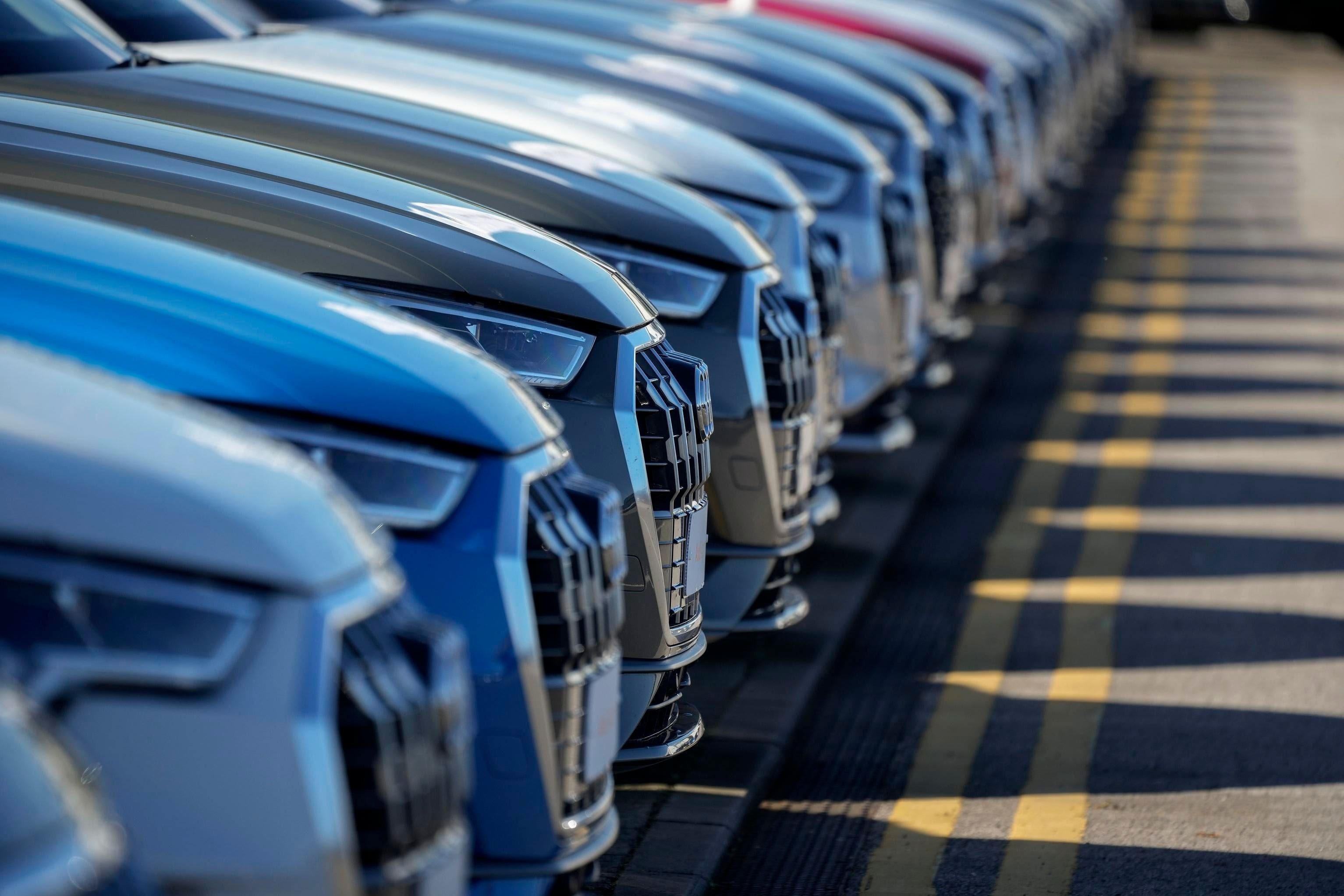
Car loan delinquencies have surged to record levels, revealing growing financial strain on American households, particularly those with lower incomes.
According to new data from Fitch Ratings, 6.56% of subprime auto borrowers were at least 60 days behind on their payments in January 2025 - the highest rate since tracking began in 1994. Subprime borrowers typically have credit scores below 640.
The Federal Reserve Bank of New York reports an equally concerning trend across all borrowers, with 3% of auto loans reaching "serious delinquency" status (90+ days late) in the fourth quarter - the highest level in 14 years.
"The lower income level has been really affected," said Mike Girard, senior director at Fitch, citing ongoing pressures from inflation and high interest rates. While January and February traditionally see increased late payments after holiday spending, the current rates signal deeper economic challenges.
Prime borrowers with stronger credit scores are faring better, with only 0.39% falling behind by 60 days or more. However, experts warn the rising defaults among subprime borrowers could spread more broadly through the economy.
The auto loan crisis reflects broader consumer struggles, including record-high $1,000+ monthly car payments, depleted pandemic-era savings, recent job market slowdown, and persistent inflation impacts.
Lenders have begun tightening standards in response, requiring larger down payments - a move that could further strain access to vehicle financing for vulnerable borrowers.
The mounting delinquencies arrive amid declining consumer confidence and spending hesitation, particularly on major purchases. With economic uncertainty growing and household finances under pressure, analysts caution the trend may worsen before improving.